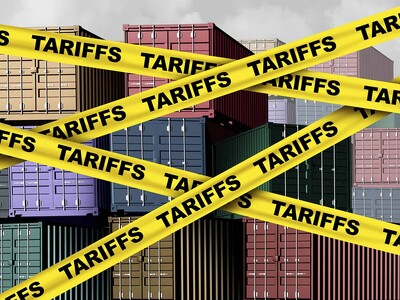Carbon Gets All Of The Attention, But What About Nitrous Oxide?

Tim Hammerich
News Reporter
In addition to feeding the planet, agriculture is also being asked to help with carbon sequestration to help mitigate the impacts of climate change. While beneficial, Nick Reinke, CEO of HabiTerre believes reducing nitrous oxide is just as impactful and important as carbon, not to mention, significantly more manageable.
Reinke… “So these companies, when they account for this, they account for emissions reductions on one side of things and emissions removals on the other side. So you think about carbon storage in the soil. That's a removal. You're removing it from the atmosphere, putting it into the soil. But we know that soil carbon process is dynamic. So it's a flux. But that company, if they're going to put that into their sustainability claim or their goal, now that company, actually, that's kind of a liability for them long term, right? So if one of the farmers that they work with, store some carbon for a few years and then practices change. Farmer goes and needs to till it all up because of weather or whatever the case might be, they've re-released that carbon. So now that company that made that claim has to make an accounting adjustment where that claim actually reversed. And that's why I say it's so important to look at things like nitrous oxide because the day that you avoided that emission, there's no legacy impact. There's no tail to that. There's no liability. There's no long-term commitment to prove that that stayed reduced because you just didn't emit it in the first place.”
That’s HabiTerre CEO, Nick Reinke.












